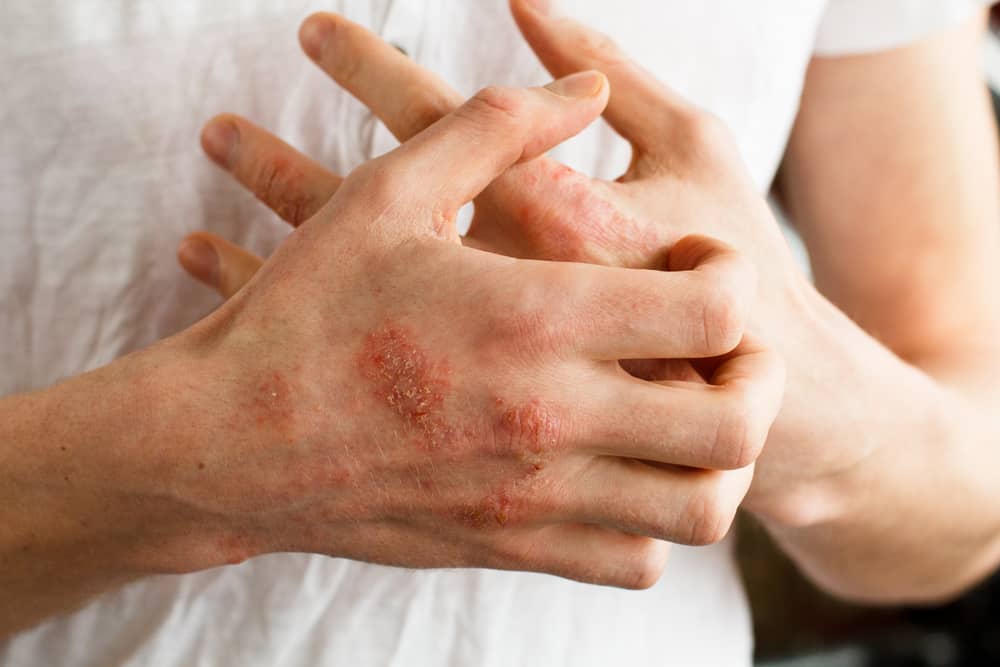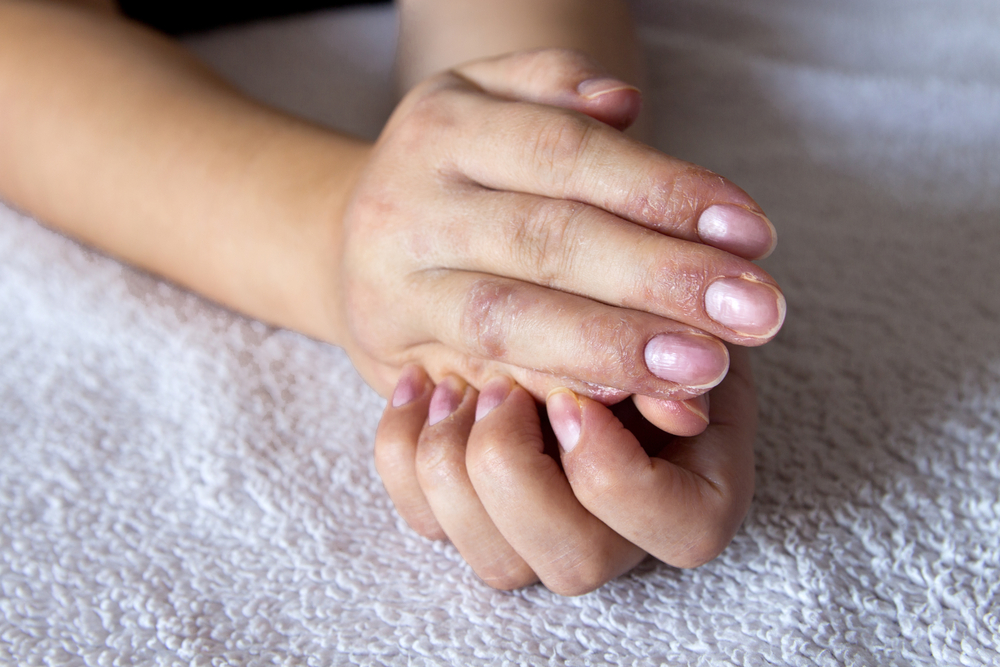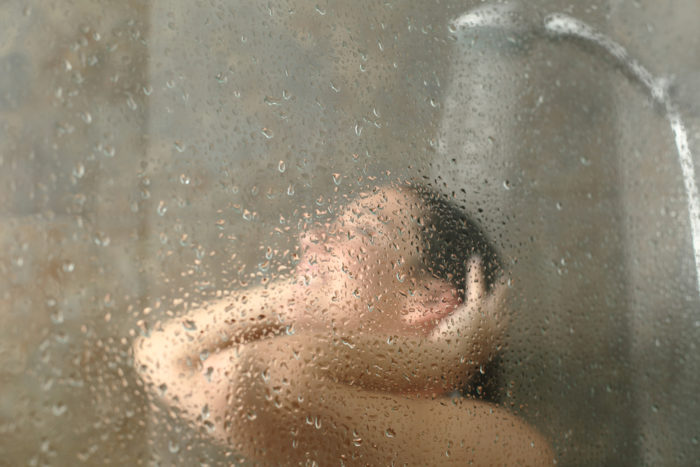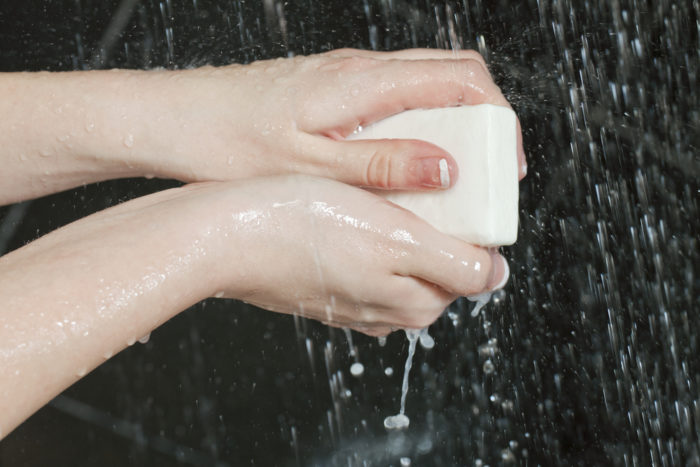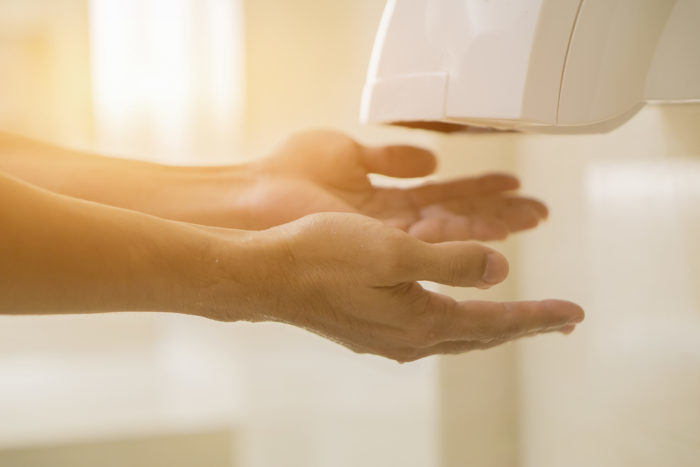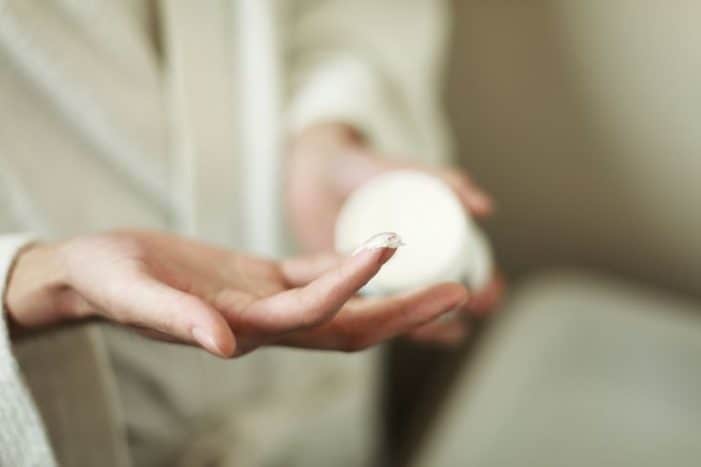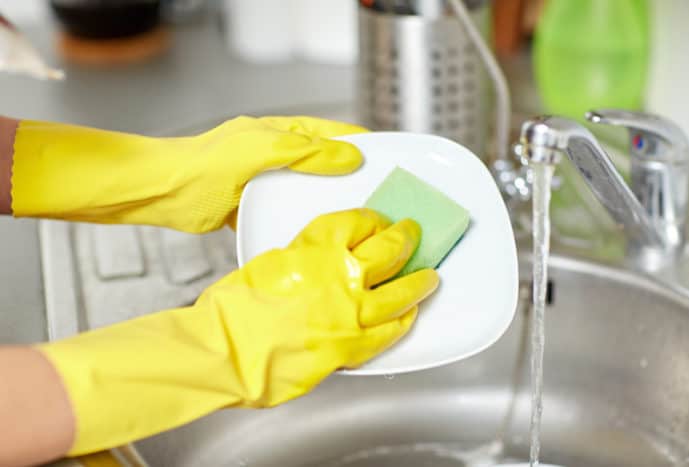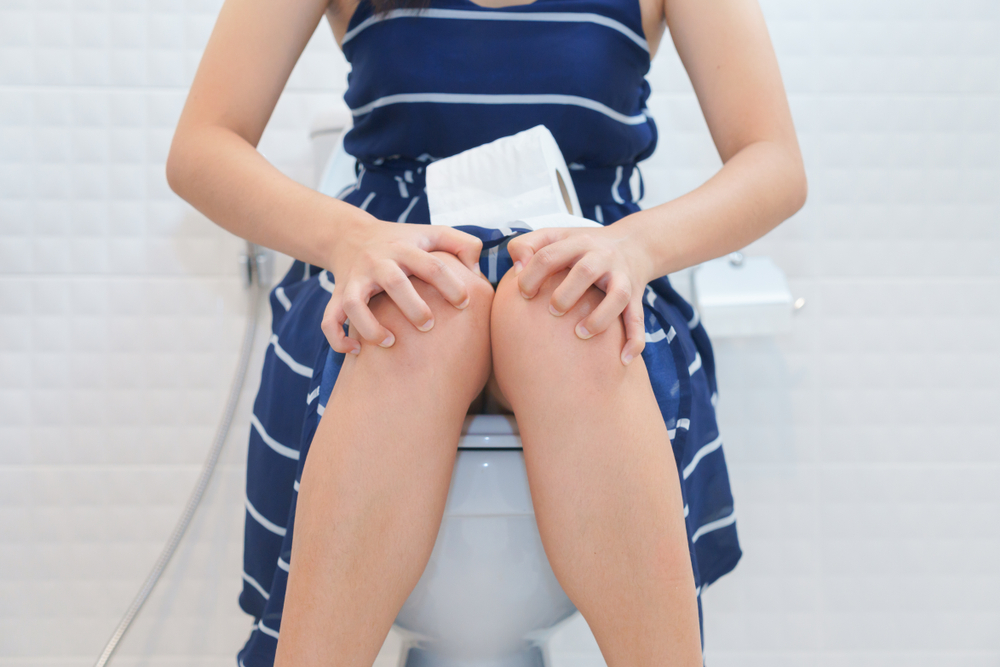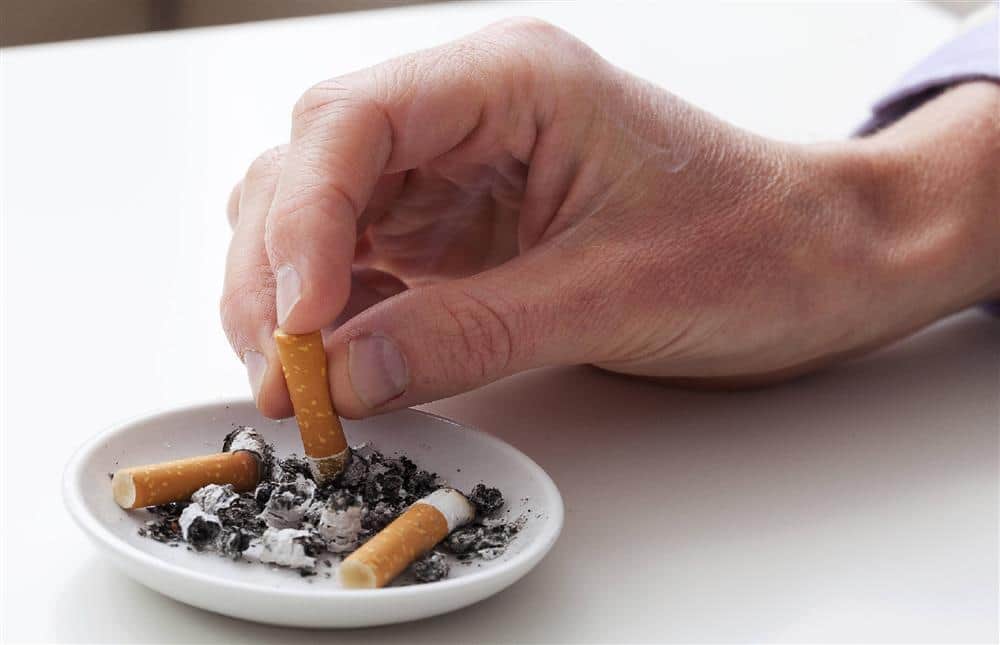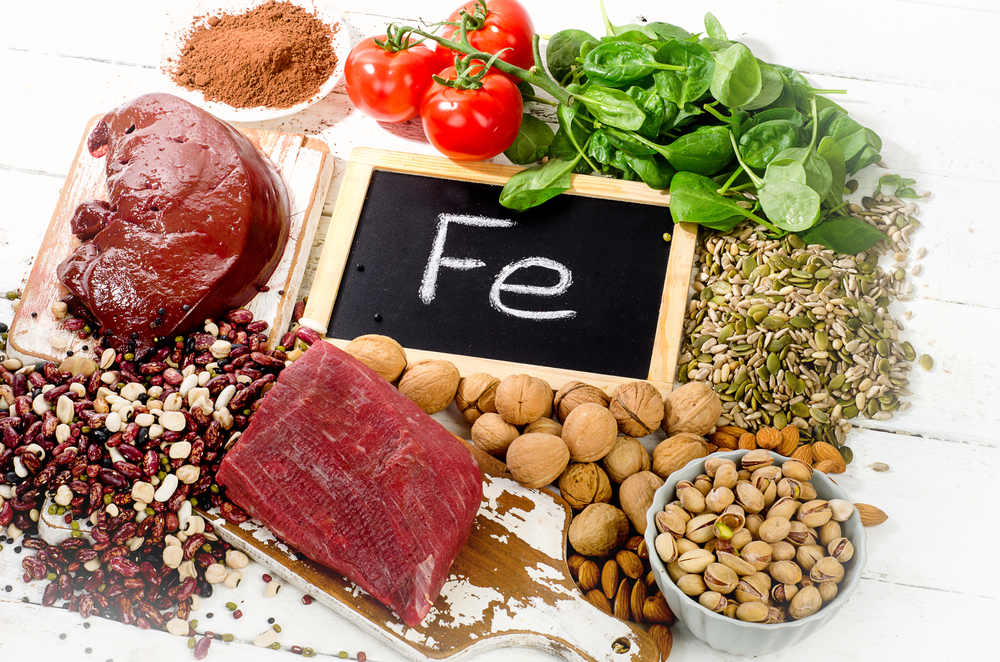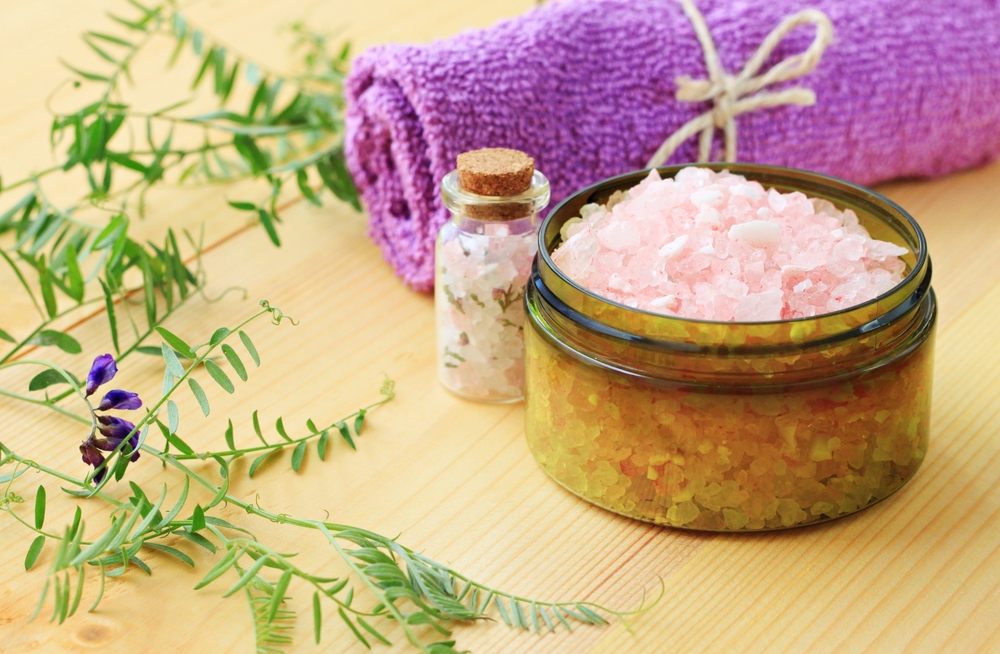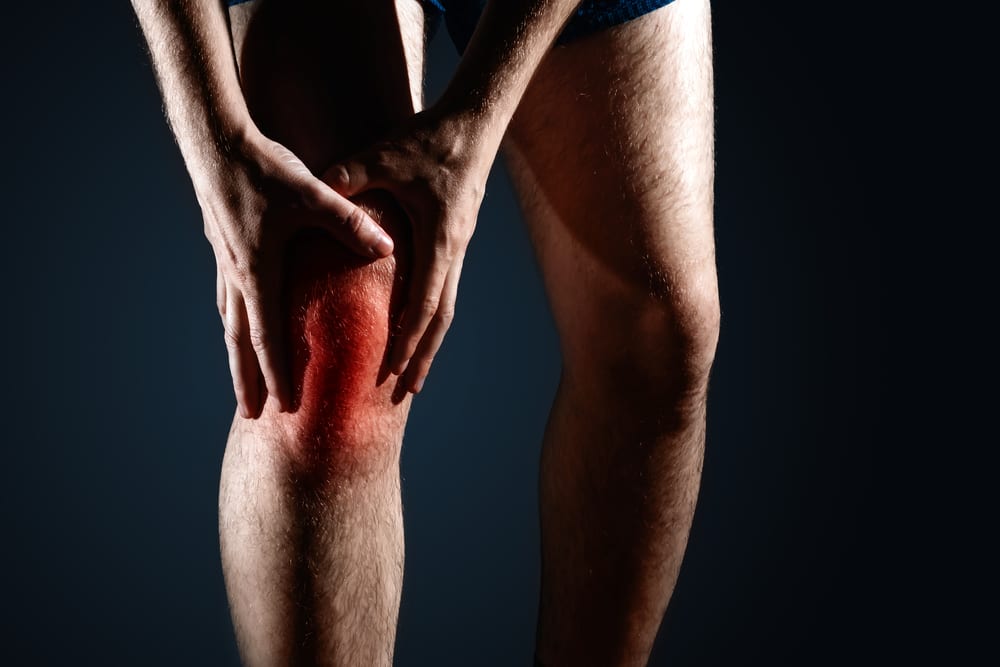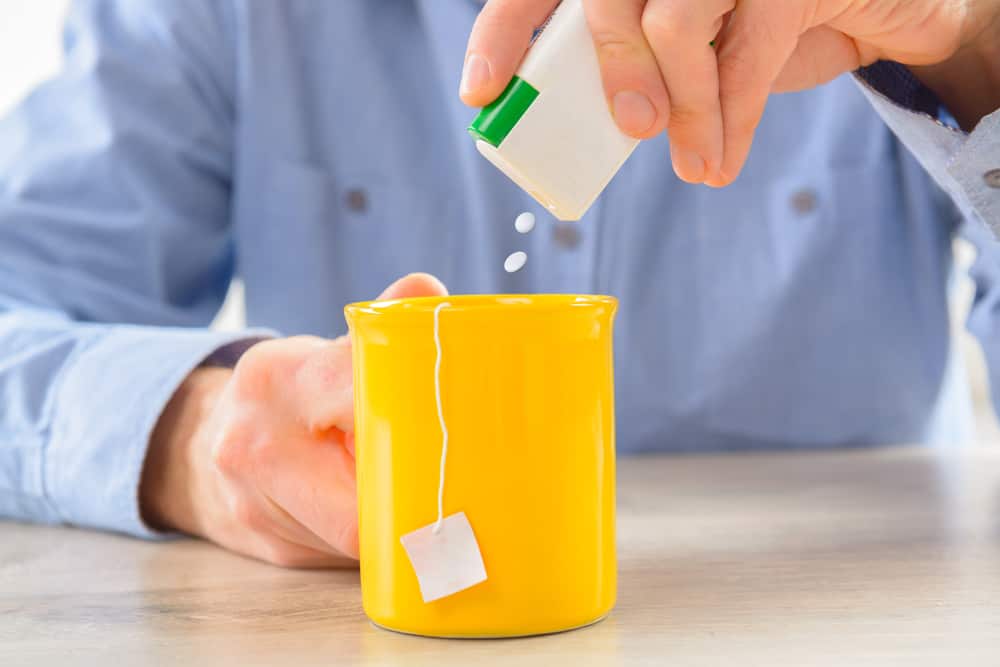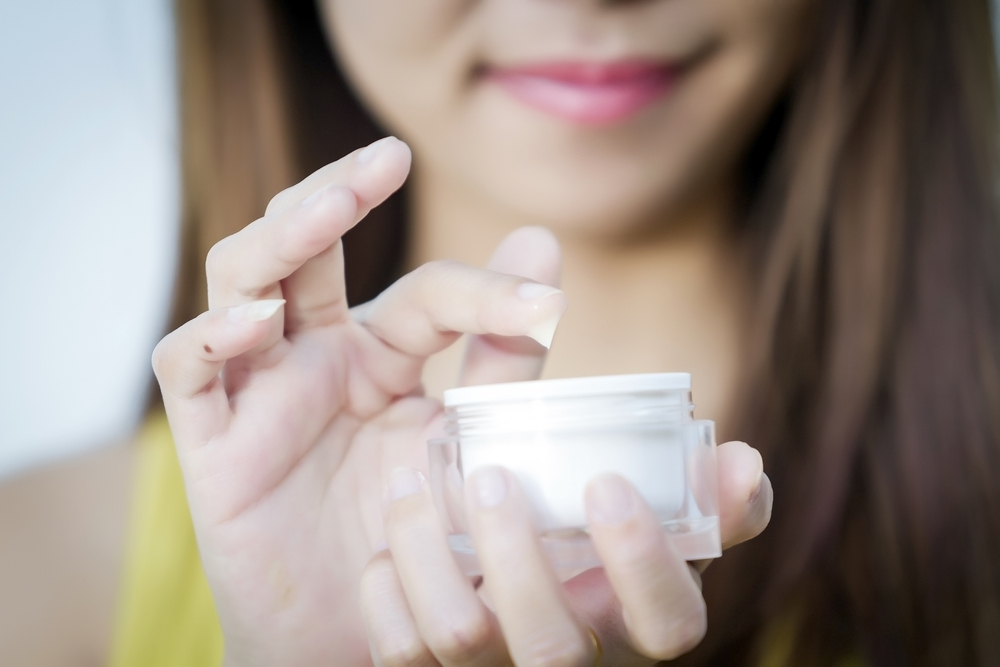Contents:
- Medical Video: How To Treat Eczema Naturally : Top Home Remedies For Eczema (Pictures of Eczema)
- What are the symptoms of eczema in the hand?
- What should be done to relieve eczema symptoms in the hand
- 1. Immediately avoid eczema triggers
According to the National Institute of Allergy and Infectious Diseases (NIAID), eczema in the hands can get worse if exposed to eczema triggers, such as fungi, pet dander, cold and dry air, rough fabrics such as wool, and fragrance.
If the eczema in the hand gets worse after your skin is hit by one of these objects, then immediately avoid the trigger.
2. Don't wash your hands or take a shower using hot waterEven hot or warm temperatures make the skin drier because water and chemicals from soap will shed sebum (the skin's natural oil). Dry skin triggers recurrence of eczema symptoms and is eventually prone to irritation.
As long as the eczema still persists in the hand, wash your hands and shower with cold water flow. Do not too long wash the skin that is currently eczema. Wash your hands for just 20 seconds, but make sure it is completely clean and leaves no soap residue. While for the ideal bath time according to experts is five minutes, the new one includes washing the body andsabotage (about 10 minutes if including shampooing). If you want to wash your hands or take a shower with warm water, it should be as limited as lukewarm.
3. Use mild soapWhen still dealing with eczema in the hands, use neutral soap if you want to wash your hands or take a shower. That is, the soap does not contain fragrances, dyes, alcohol, or even antibacterial agents such as triclosan. If necessary, use hypoallergenic soap that is safer and softer for the skin.
4. Don't rub your hands while drying themWhen bathing or washing hands do not rub the skin too hard. Similarly, when drying it. Rubbing hands too hard can actually make the skin of the hands traumatized and irritated so that eczema becomes more easily recurred at any time.
Gently pat the wet skin with a towel until it is completely dry, do not rub it. Remember, use a soft and clean towel to avoid transferring bacteria to your hands.
5. Apply cream of creamAfter bathing or washing your hands, immediately apply the cream medicine that the doctor prescribed for you when the condition of the hands is still damp.
Corticosteroid drugs in the form of ointments or creams are often prescribed by doctors to help reduce itching and skin inflammation due to eczema. This type of eczema drug dose is generally adjusted to the severity of the symptoms. For example, if your eczema causes your skin to thicken and scaly, your doctor can prescribe a higher dose.
In addition to corticosteroids, doctors also commonly prescribe NSAID ointments such as crisaborole (Eucrisa), which is applied twice a day to treat skin inflammation due to mild to moderate eczema.
6. Use hand moisturizer oftenAfter drying your hands, don't forget to immediately apply skin moisturizer afterwards when the condition of the hands is still damp. You are advised to use moisturizers at least 2-3 times a day, if possible as often as possible after each shower, hand washing, and before going to bed.
Choose a moisturizing cream with a thick texture because it can provide more moisture for the skin of the hands that tends to dry, especially when exposed to eczema. Moisturizers must be free of alcohol, aroma, coloring, perfume, or other chemicals. Moisturizers with emollient or ointment such as petroleum jelly may be used.
Don't forget to also apply SPF sunscreen with a minimum of 30 to protect your hands from sun radiation which can trigger more severe eczema symptoms. Reapply every two hours or when you have physical activity that makes you sweat.
In order not to forget to apply these two creams, try storing a moisturizer container and sunscreen near your hand soap.
7. Wear rubber gloves when washing dishesChynthia Bailey, M.D. from the American Board of Dermatology revealed to Self that the use of rubber gloves protects the skin of hands exposed to irritants and chemicals on soap so that it helps prevent eczema in your hands from getting worse.
In addition, the use of rubber gloves can also protect your hands from splashing hot water. Hot water can erode the skin's natural oils which make it dry and trigger eczema to recur.
Medical Video: How To Treat Eczema Naturally : Top Home Remedies For Eczema (Pictures of Eczema)
Symptoms of eczema easily recur during hot weather. Because hands and feet are the two most vulnerable parts of the body exposed to the blazing sun, no wonder the symptoms often appear there. The recurrence of eczema in the hand is very itchy until it can interfere with activity. So, is there a powerful way to overcome eczema in the hand? Consider the following review.
What are the symptoms of eczema in the hand?
Eczema or inflammation of the skin in the hands can appear with different symptoms, such as an itchy rash with red or brown spots, thickened skin, broken skin, or scaly. In fact, eczema in the hand can also be a small fluid-filled lump that when broken causes the skin to dry out.
Many people call eczema in the hands as "dishwasher hands". Because the rash often appears in the hands of people who are used to washing dishes using dish soap. But in the medical world, eczema with these risk factors is better known as contact dermatitis.
What should be done to relieve eczema symptoms in the hand
If you experience eczema problems in your hands, immediately consult a doctor to get the right treatment. However, there are several ways you can do at home to relieve symptoms temporarily:
1. Immediately avoid eczema triggers
According to the National Institute of Allergy and Infectious Diseases (NIAID), eczema in the hands can get worse if exposed to eczema triggers, such as fungi, pet dander, cold and dry air, rough fabrics such as wool, and fragrance.
If the eczema in the hand gets worse after your skin is hit by one of these objects, then immediately avoid the trigger.
2. Don't wash your hands or take a shower using hot water
Even hot or warm temperatures make the skin drier because water and chemicals from soap will shed sebum (the skin's natural oil). Dry skin triggers recurrence of eczema symptoms and is eventually prone to irritation.
As long as the eczema still persists in the hand, wash your hands and shower with cold water flow. Do not too long wash the skin that is currently eczema. Wash your hands for just 20 seconds, but make sure it is completely clean and leaves no soap residue. While for the ideal bath time according to experts is five minutes, the new one includes washing the body andsabotage (about 10 minutes if including shampooing). If you want to wash your hands or take a shower with warm water, it should be as limited as lukewarm.
3. Use mild soap
When still dealing with eczema in the hands, use neutral soap if you want to wash your hands or take a shower. That is, the soap does not contain fragrances, dyes, alcohol, or even antibacterial agents such as triclosan. If necessary, use hypoallergenic soap that is safer and softer for the skin.
4. Don't rub your hands while drying them
When bathing or washing hands do not rub the skin too hard. Similarly, when drying it. Rubbing hands too hard can actually make the skin of the hands traumatized and irritated so that eczema becomes more easily recurred at any time.
Gently pat the wet skin with a towel until it is completely dry, do not rub it. Remember, use a soft and clean towel to avoid transferring bacteria to your hands.
5. Apply cream of cream
After bathing or washing your hands, immediately apply the cream medicine that the doctor prescribed for you when the condition of the hands is still damp.
Corticosteroid drugs in the form of ointments or creams are often prescribed by doctors to help reduce itching and skin inflammation due to eczema. This type of eczema drug dose is generally adjusted to the severity of the symptoms. For example, if your eczema causes your skin to thicken and scaly, your doctor can prescribe a higher dose.
In addition to corticosteroids, doctors also commonly prescribe NSAID ointments such as crisaborole (Eucrisa), which is applied twice a day to treat skin inflammation due to mild to moderate eczema.
6. Use hand moisturizer often
After drying your hands, don't forget to immediately apply skin moisturizer afterwards when the condition of the hands is still damp. You are advised to use moisturizers at least 2-3 times a day, if possible as often as possible after each shower, hand washing, and before going to bed.
Choose a moisturizing cream with a thick texture because it can provide more moisture for the skin of the hands that tends to dry, especially when exposed to eczema. Moisturizers must be free of alcohol, aroma, coloring, perfume, or other chemicals. Moisturizers with emollient or ointment such as petroleum jelly may be used.
Don't forget to also apply SPF sunscreen with a minimum of 30 to protect your hands from sun radiation which can trigger more severe eczema symptoms. Reapply every two hours or when you have physical activity that makes you sweat.
In order not to forget to apply these two creams, try storing a moisturizer container and sunscreen near your hand soap.
7. Wear rubber gloves when washing dishes
Chynthia Bailey, M.D. from the American Board of Dermatology revealed to Self that the use of rubber gloves protects the skin of hands exposed to irritants and chemicals on soap so that it helps prevent eczema in your hands from getting worse.
In addition, the use of rubber gloves can also protect your hands from splashing hot water. Hot water can erode the skin's natural oils which make it dry and trigger eczema to recur.

